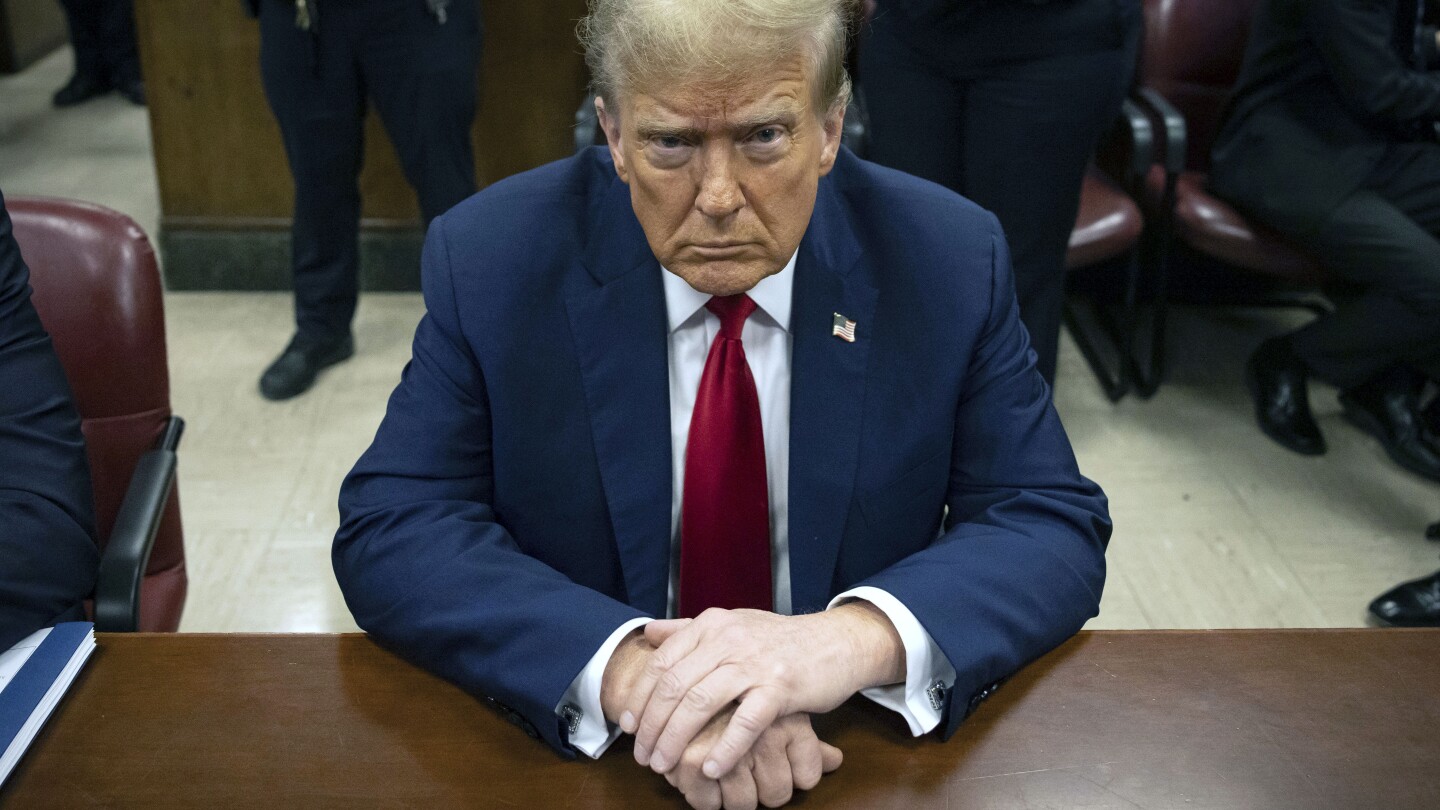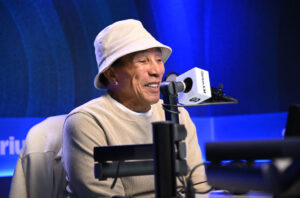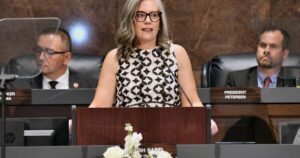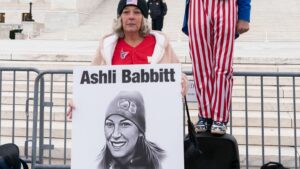NEW YORK (AP) — In a remarkable legal development, a Manhattan judge has scheduled sentencing for President-elect Donald Trump on January 10 in his hush money case — just days before he is set to assume the presidency. Despite the impending sentence, Trump is not expected to receive jail time.
This situation positions Trump as the first president-elect to face office with a felony conviction.
Judge Juan M. Merchan, overseeing the trial, indicated through a written statement that Trump would be given an unconditional discharge, meaning the conviction remains but without further penalties such as fines or imprisonment. The former president can opt to attend the sentencing virtually.
Merchan dismissed Trump’s attempts to overturn the conviction by citing presidential immunity and his upcoming term, emphasizing that “bringing finality to this matter” was crucial for justice.
The judge weighed Trump’s governance needs against the Supreme Court’s recent stance on presidential immunity, public expectations of justice, and the significance of upholding a jury’s decision.
In his 18-page ruling, Merchan stated, “This court is simply not persuaded that the first factor outweighs the others at this stage of the proceeding.”
Trump responded to the ruling on Truth Social, labeling it as a threat to the presidency and calling the case a “Rigged Charade” orchestrated by Manhattan District Attorney Alvin Bragg, a Democrat.
While Bragg’s office chose not to comment, former Manhattan Judge Diane Kiesel noted the ruling is not subject to appeal under New York law, though Trump may still try other appellate routes. However, he cannot pardon himself since this state case falls outside presidential pardon powers.
Upon taking office on January 20, Trump will be the first convicted individual to serve as president, a result of his May conviction on 34 counts of falsifying business records related to a hush money payment to Stormy Daniels during his 2016 campaign. Trump denies the allegations.
Michael Cohen, Trump’s former attorney, who facilitated the payment, praised Merchan’s decision as “judicious and appropriate.”
Initially set for July 11, Trump’s sentencing was postponed twice at the request of the defense. Following Trump’s election victory on November 5, Merchan delayed the sentencing again to allow both parties to consider the case’s future.
The defense argued the case would unconstitutionally disrupt Trump’s presidency, while prosecutors maintained the conviction was necessary.
Prosecutors suggested solutions such as pausing the case during his term or ensuring no jail time, but the judge rejected these, asserting Trump’s status as president-elect doesn’t grant him immunity.
Trump’s legal team previously attempted to reverse his conviction using the Supreme Court’s immunity ruling, arguing it shielded certain evidence from the jury. Merchan rejected this, and post-election complexities have added new challenges.
Trump sought to transfer the case to federal court for immunity claims, but a federal judge repeatedly declined, prompting an appeal.
The hush money trial is the only one among Trump’s four criminal indictments to reach trial. Special counsel Jack Smith has concluded his two federal cases, while a separate state election interference case in Georgia is pending after the removal of prosecutor Fani Willis.
Despite Trump’s lawyers arguing for dismissal based on Smith’s decision to drop federal charges, Merchan found the hush money case to be at a “vastly” different stage.
___
Associated Press writer Larry Neumeister contributed.






